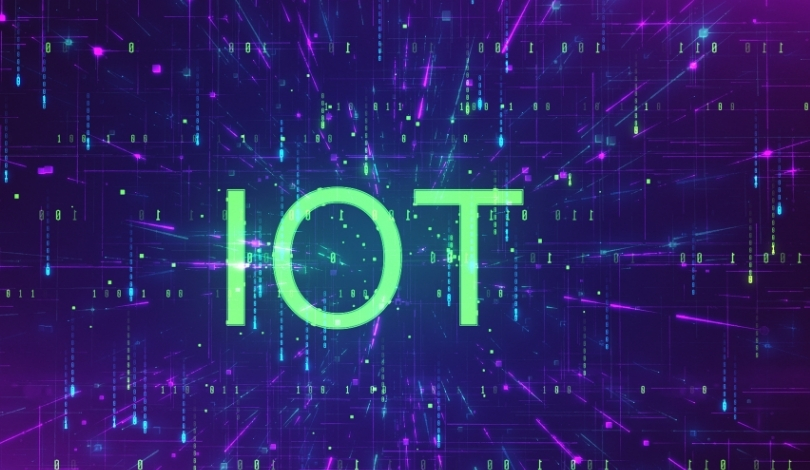Supply chain management for fresh food is entering a new phase as IFCO and Identiv, Inc. announce a partnership focused on digital traceability. In an industry where wasted products and lost inventory present ongoing challenges, this initiative reflects a broader shift toward integrating technology for real-time insights. By utilizing Identiv’s BLE-based Smart Label technology within IFCO’s reusable packaging container pool, both companies intend to boost efficiency and address key concerns like food freshness, loss prevention, and sustainable structuring across the global fresh grocery sector.
Coverage of similar technology collaborations within the packaging industry in recent years emphasized RFID solutions and manual tracking, which often lacked scalability and the ability to provide live insights. Previous news highlighted the growing demand from retailers and growers for digital solutions capable of enhancing transparency. However, none had detailed such a large-scale integration of BLE smart labels specifically into reusable packaging, nor coordinated operations among partners with IFCO’s extensive container pool. This new approach aims for greater data granularity and user accessibility than earlier models, focusing specifically on real-time monitoring of both location and temperature.
How Will BLE Smart Labels Work in IFCO’s Packaging Pool?
IFCO’s collaboration with Identiv centers on embedding Bluetooth Low Energy (BLE) smart labels into over 400 million reusable packaging containers that move produce globally. These labels are engineered to relay live updates about the location and temperature of the containers during transit, enabling immediate access for both IFCO and its clients. The new system is planned to enhance quality control during logistics, reducing instances where perishables are lost or spoiled without prompt detection.
What Are the Aims and Expected Outcomes for Supply Chain Partners?
Through this project, IFCO seeks to offer its customers greater supply chain visibility and support data-driven logistics decisions. The BLE-enabled solution is expected to optimize the SmartCycle process, which is the company’s model for reusable packaging management. Retailers and growers will be able to monitor products throughout the journey, making operational adjustments that can help cut food waste and elevate overall product quality for the end consumer.
Who Stands to Benefit from the Real-Time Traceability?
Both companies believe that the new labeling technology could provide widespread advantages throughout the distribution chain. As Kirsten Newquist, CEO of Identiv, stated,
The ability to provide precise location and temperature data through a cost-effective and scalable BLE smart label will be transformative for the fresh food industry.
IFCO’s Chief Digital Officer, Dr. Sebastian Grams, commented,
These smart labels will be instrumental for optimizing the logistics of our RPC pool, further enhancing our SmartCycle and allowing retailers and growers to improve their supply chains, reducing food waste and ensuring the highest quality of fresh food for consumers worldwide.
A staged rollout is planned, with pilot tests of the combined IFCO-Identiv solution commencing in 2025 and full-scale deployment targeted for 2026. The integration marks another step toward digital and ecological innovation within the packaging and logistics ecosystem. This partnership is positioned as a move toward ensuring visibility and accountability throughout each stage of food distribution—objectives widely cited in recent discussions about global food supply resilience. The approach may serve as a practical model for other sectors where transport conditions and traceability are critical for success.
For businesses involved in food logistics, real-time tracking capabilities may provide opportunities to optimize operations and maintain standards that meet both regulatory and consumer demands. The BLE smart labels can be applied in conjunction with other data solutions and might simplify audit processes and reporting. As companies look for ways to combine sustainability with performance, digital tracking for reusable assets like IFCO’s packaging containers becomes increasingly relevant. Real-world effectiveness will depend on the seamless adoption of these technologies, their durability in challenging environments, and the willingness of all stakeholders to leverage the resulting data for operational improvements.










